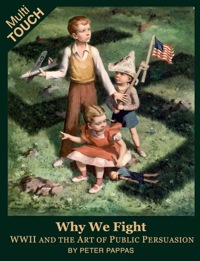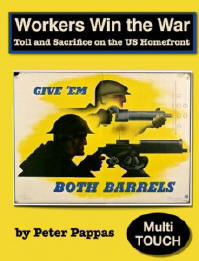 |
||
|
Work,
Culture and Society in Industrial America Document Based Questions by Peter Pappas |
||
| Questions feature a selection of primary and secondary documents, graphics, cartoons, tables, and graphs. Each is keyed to a historic theme and focused on an essential question of enduring relevance. They provide students with the exciting opportunity to move beyond the passive absorption of facts and enter knowledgeably into a managed archive where they can bring sound historic perspectives and analysis to bear on the challenges of the past and opportunities for the future. Visit my Teaching with Documents website for more. |
|
The
Industrial Revolution began in Western Europe and eventually spread
across much of the world. It transformed humanity's age-old struggle
with material scarcity by using capital, technology, resources, and
management to expand the production of goods and services dramatically. But
while increased production did improve the American standard of
living, industrialization concentrated great wealth and power in
the hands of a few captains of industry. For the thousands of
Americans who actually worked in the new factories, however, this
economic revolution often meant long hours, low wages, and
dangerous working conditions. As economic growth increasingly
touched every aspect of American society, then, it created both new
opportunities and new social problems. Rural Americans Move to the Cities: explore the world of the rural men and women who moved to the cities in search of a better life. (pdf format) Progress and Poverty in Industrial America: explore the impact of an economic revolution on rich and poor Americans. (pdf format) Re-Defining the Role of Women in Industrial America: explore the ways social and economic progress impacted the role of women. (pdf format)My New DBQ iBooks available at iTunes CCSS learning prompts
|
|
|
|
|

